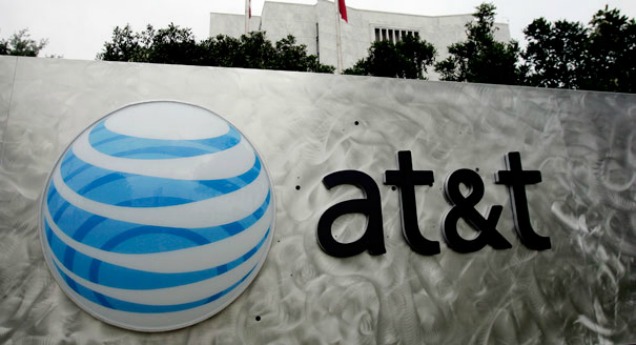AT&T Reports Higher Earnings Despite COVID Disruptions

The smarter way to stay on top of broadcasting and cable industry. Sign up below
You are now subscribed
Your newsletter sign-up was successful
AT&T reported higher earnings in the first quarter, despite the effects of the Coronavirus, which created higher costs and cut into earnings.
Net income rose 11.8% to $4.578 billion, or 63 cents a share, from $4.096 billion, or 56 cents a share a year ago.
Revenue was down 4.6% to $42.779 billion.
The company estimated that the pandemic cost the company $605 million in revenues, including lower ad revenues at WarnerMedia, and increased expenses by $433 million, including $54 million in production shutdown costs.
“The COVID pandemic had a 5 cents per share impact on our first quarter. Without it, the quarter was about what we expected — strong wireless numbers that covered the HBO Max investment, and produced stable EBITDA and EBITDA margins,” said CEO Randall Stephenson.
“We have a strong cash position, a strong balance sheet, and our core businesses are solid and continue to generate good free cash flow — even in today’s environment. In light of the pandemic’s economic impact, we’ve already adjusted our capital allocation plans and suspended all share retirements,” Stephenson said. “As a result, we’re able to continue investing in critical growth areas like 5G, broadband and HBO Max, while maintaining our dividend commitment and paying down debt.”
The company withdrew its financial guidance for the rest of the year, citing the uncertainty cause by the pandemic.
The smarter way to stay on top of broadcasting and cable industry. Sign up below
WarnerMedia operating income was down 24.3% to 1.7 billion, as revenues declined 12.2% to $7.4 billion.
Turner’s operating income was up 10.9% to 1.4 billion because of lower programming costs because of the cancellation of the NCAA Men’s Basketball Tournament and lower marketing costs. Revenues were down 8.2% to $3.2 billion. Subscription revenues were up, but ad revenues dropped because of the cancellation of March Madness, partially offset by higher news delivery.
HBO operating income was down 25.4% to $423 million as the company geared up for the launch of the HBO Max streaming service in May. Operating expenses were up 13.9%. Revenue was down 0.9% to $1.4 billion reflecting flat subscriptions revenue and a decrease in content and other revenue.
Warner Bros. operating income plunged 54.5% and revenue was down 7.9% to $3.2 billion. Theatrical revenue was down offset by higher TV revenues.
AT&T’s Entertainment Group’s operating income was down 9.7% to $1.3 billion as revenue fell 7.2% to $10.5 million. The company blamed declines in premium and over-the top TV subscribers and legacy services.
Video revenue was down 8.4% to $7.4 billion, while IP Broadband revenues were up 1.9% to $2.1 billion.
Premium TV subscribers--including DirecTV, U-verse and AT&T TV, were down by 897,000. AT&T Now lost 138,000 net subscribers.
Operating income at AT&T’s Xandr advanced advertising unit was up 18.2% to $299 million. Revenues rose 14.8% to $489 million, with demand strong for addressable advertising and higher CPMs across product offerings.
Jon has been business editor of Broadcasting+Cable since 2010. He focuses on revenue-generating activities, including advertising and distribution, as well as executive intrigue and merger and acquisition activity. Just about any story is fair game, if a dollar sign can make its way into the article. Before B+C, Jon covered the industry for TVWeek, Cable World, Electronic Media, Advertising Age and The New York Post. A native New Yorker, Jon is hiding in plain sight in the suburbs of Chicago.

